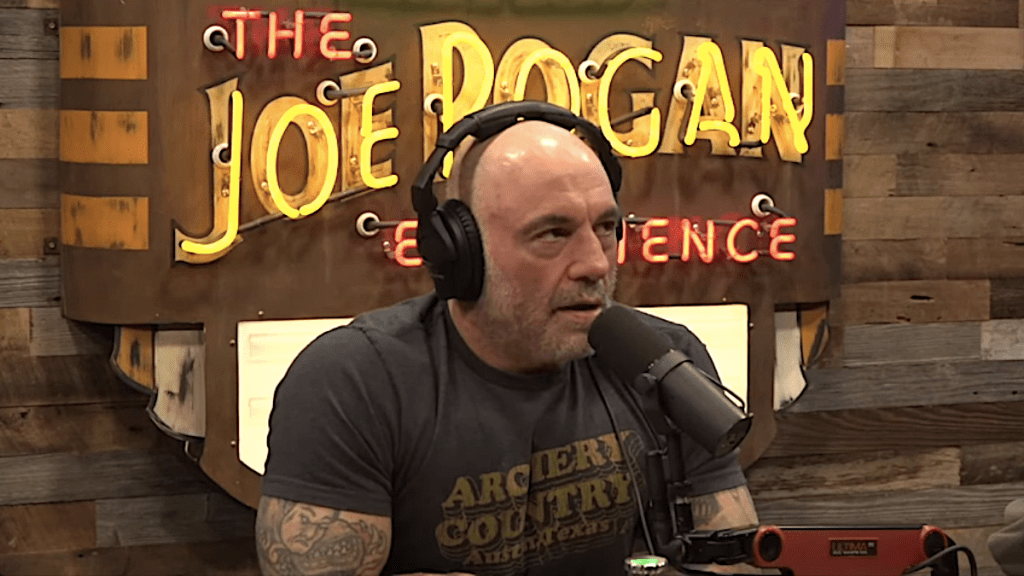It’s no longer a question of curiosity. It’s complicity.
Joe Rogan, once a meathead philosopher whose podcast flirted with the conspiratorial fringes, has now blown past the boundary into something far darker: a pipeline for antisemitism, medical disinformation, and revisionist history masquerading as “free thought.” And he’s doing it with a smirk, a shrug, and a platform bigger than any news network in America.
Fifteen million Spotify followers. Hundreds of millions of monthly downloads. And lately, a guest list pulled straight from the sewers of the internet.
Let’s start with Ian Carroll. Presented as a “narrative analyst,” Carroll used his Joe Rogan Experience appearance to claim Jeffrey Epstein was part of a global Jewish crime syndicate, that Israel was founded by mobsters, and—without evidence—that it helped orchestrate 9/11. Rogan didn’t push back. He leaned in.
Then came Darryl Cooper, known to Twitter as @MartyrMade. Cooper isn’t just a conspiracy theorist. He’s a Holocaust revisionist. He paints Hitler as misunderstood, suggests Kristallnacht was a false flag, and frames Nazi antisemitism as a response to Jewish manipulation. On Rogan’s show, Cooper recited this garbage in long, uninterrupted stretches. Rogan listened, nodded, and changed the subject.
As if that wasn’t enough, Rogan gave a two-hour platform to Dr. Suzanne Humphries, a discredited vaccine denialist who argues the polio vaccine caused more harm than the disease itself. Again, no real challenge. Just “fascinating stuff.”
And then Douglas Murray sat across from Rogan last week and called him out—gently. Murray, a conservative British intellectual, warned Rogan he was laundering extremism under the guise of balance. Rogan deflected, of course. He always does. “Just letting people talk,” he says.
But when “just talking” includes giving airtime to people who deny the Holocaust, spread vaccine lies, and blame Jews for global crises, it’s not discourse. It’s propaganda.
Rogan is no longer the stoner Socrates he once pretended to be. He’s a culture-shaping megaphone for disinformation, and he’s playing footsie with fascism while raking in Spotify cash.
This is how rot spreads: not with a bang, but with a bro. With a laugh. With plausible deniability and a Spotify exclusive.
No one man should have this mic if he’s going to use it to whisper poison into millions of ears. But here we are. And he’s only getting louder.



